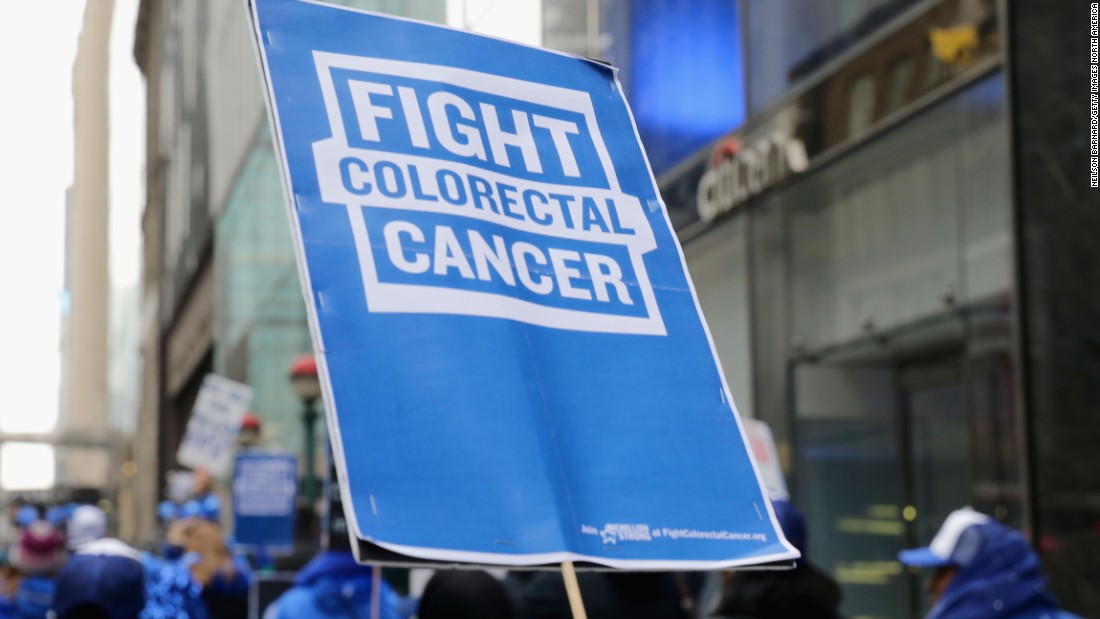The US Preventive Services Task Force on Tuesday lowered the recommended age to start screening for colon and rectal cancers from 50 to 45.
The task force, which is the leading panel for medical guidance in the US, released a draft of the recommendation in October. The final recommendation statement, published Tuesday in the journal JAMA, says all adults ages 45 to 75 years should be screened for colorectal cancer.
This recommendation is for asymptomatic people of average risk, with no prior diagnosis of colorectal cancer, history of colon or rectal polyps or personal or family history of genetic disorders that put them at higher risk. The task force also recommended selective screening among adults ages 76 to 85 years based on a patient's overall health, prior screening history and preferences.
In its 2016 recommendation, USPSTF recommended starting screening at age 50.
"We think by screening, starting at age 50, we prevent about 50 cases of colorectal cancer in a population of 1,000 people and avoid about 25 deaths. If we drop to age 45, we'll prevent two or three additional cases and maybe one death," Dr. Michael Barry, vice-chair of the task force, told CNN. "We thought it was appreciable enough that it was time to change the recommendation to go down to age 45."
With the official recommendation, colorectal cancer screening services for 45- to 75-year-olds will be covered by most private insurance plans, with no copay.
"The implication is that for many people, there'll be less of a barrier to getting screened aged 45 to 49," said Barry, who noted that there may be a time lag before insurance coverage kicks in.
Colorectal cancer is the third leading cause of cancer death, and approximately 52,980 people in the US are projected to die from it in 2021. Though most cases are diagnosed in people ages 65 to 74, the recommendation reflects a trend in recent years of cases among younger people.

 Raging pandemic to blame for lowering of the age
Raging pandemic to blame for lowering of the age










.jpeg)



















.jpg)
.jpeg)